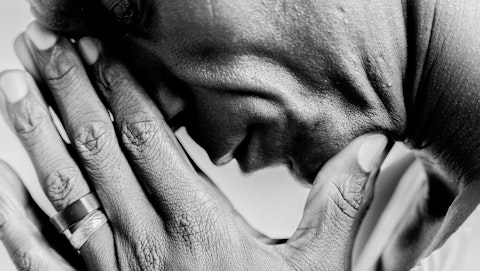
Eliud Kipchoge — decorated
“I always say that I can't forget it. Because it's like the genesis of my life in sport. That's where my name popped out into the world. When I was standing on that start line, I remember, I felt very young. The other racers were older than me with a lot of faster times.” — Eliud Kipchoge
It's these moments — we all experience in our own way — that can form the most influential memories. Not necessarily the win but overcoming the emotion of being there by committing to step over the start line. And using that flashback again — as fuel.
When it comes to memories, we are all decorated equally.


With success comes influence, and with influence comes responsibility. That responsibility can be enacted in different ways. Eluid is intrinsically altruistic. He has a deep awareness of how his performances inspire and bring people together, and that encourages an innate purpose to use his position to help others.
As Eliud’s platform has grown, his mindset — one that doesn’t come naturally to all who build a following — has evolved from pure performance, to one that incorporates a desire to inspire others to run. And for him, that starts at home — with his family. It’s in these moments of our conversation that his eyes sparkle brightest.


Living away from home for five days every week, and with contact limited to phone conversations, it’s important for Eliud that there is transparency and that his children are able to ask about his career openly. “I always speak to my family. I tell them what is going on — the pressure from the races, the attention, what the needs are to perform well, and what the needs are to run well.”
The inquisitive nature of children means that, sure, they ask the questions we all want to ask, “They ask me ‘how do you run for so long without getting tired?’” But there are also opportunities for deeper conversations from which Eliud draws upon his experience, using it as a moment to help set them up for life. “They ask how I feel so comfortable meeting so many people — meeting strangers — and who am I spending time with.”

“Even when they are at school and my races are not in their normal schedule, they will wake up early or stay up late to watch me race. It's good for kids to internalize what you are doing and to know the result of what you are doing — to love what you are doing. And know that in order for them to go to school, in order for them to be happy, this is what you are doing.” As we talk, it’s clear that the benefits of Eliud’s tutelage are reflected back at him. That in reassuring his family he is also reassuring himself. Spending long periods away from family is not easy for anyone — no matter your status — so sharing and being open is a process of self-preservation.
Eliud smiles widely. “Yes, my family have their favorite two medals — the Olympics in 2016 and 2021 in Tokyo.” And naturally there is a sense of personal pride. “When I look at my medals and my trophies, I really feel good. I really feel what I have done to myself, to my family, and even to the whole world. I use all my past to motivate myself and to inspire my future races.”


We talk about how, through running, he has changed as a human. “If I reflect back to 2003, when I was very new to international events — new to sponsors, new to the world of sport, meeting new people — new to it all. 20 years ago, running meant that I had to go abroad, to Europe, to run. Get a flight. Feel comfortable in the sky. Earn the money. But I have realised that now, I have changed. And I always tell people that it's not important for you to run fast. It's important for you to accomplish that run. And to ask yourself, 'how much have I accomplished?'”
It’s hard to imagine Eliud feeling intimidated at a race, but approaching the start line in the 2003 World Championships — fittingly in Paris — was when he stepped out of the wings and into the spotlight. “I always say that I can't forget it. Because it's like the genesis of my life in sport. That's where my name popped out into the world. When I was standing on that start line, I remember, I felt very young. The other racers were older than me with a lot of faster times.”

It's these moments — that we all experience, in our own way — that can form the strongest memories. It’s not necessarily the win, but overcoming the emotion of being there. Of committing to step over the start line. When it comes to memories, we are all decorated equally.
“I always go back. Putting myself back in those shoes. Crossing the finish line. Running my fastest times. And in my training I tell myself that I am still capable of pushing myself to actually do more and to perform more. When I feel that I am tired, I remember when winning a major marathon. When I am tired, I remember winning a gold medal. When I am tired, I remember breaking the world records. I remember making history. And I tell myself, 'Hey, it's consistency that will bear fruits at the end of the tunnel.'”
Special thanks to Eliud Kipchoge

Words by Ross Lovell, Stills by Jojo Harper